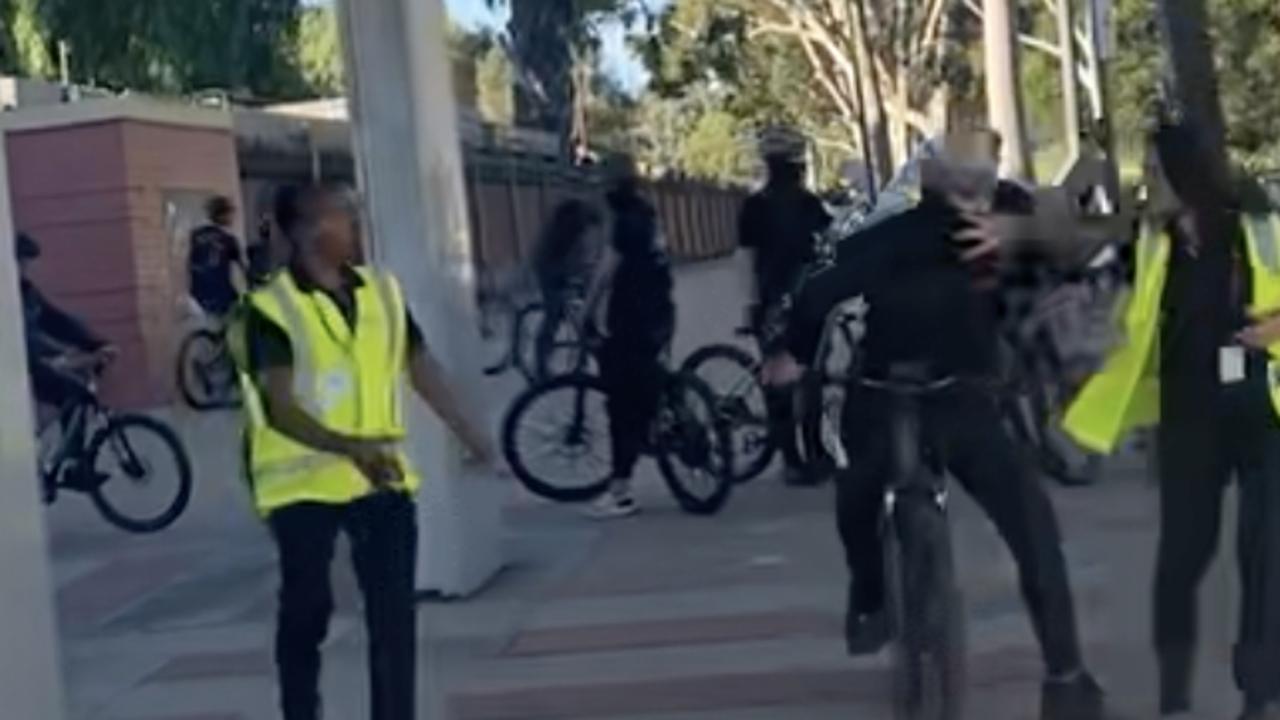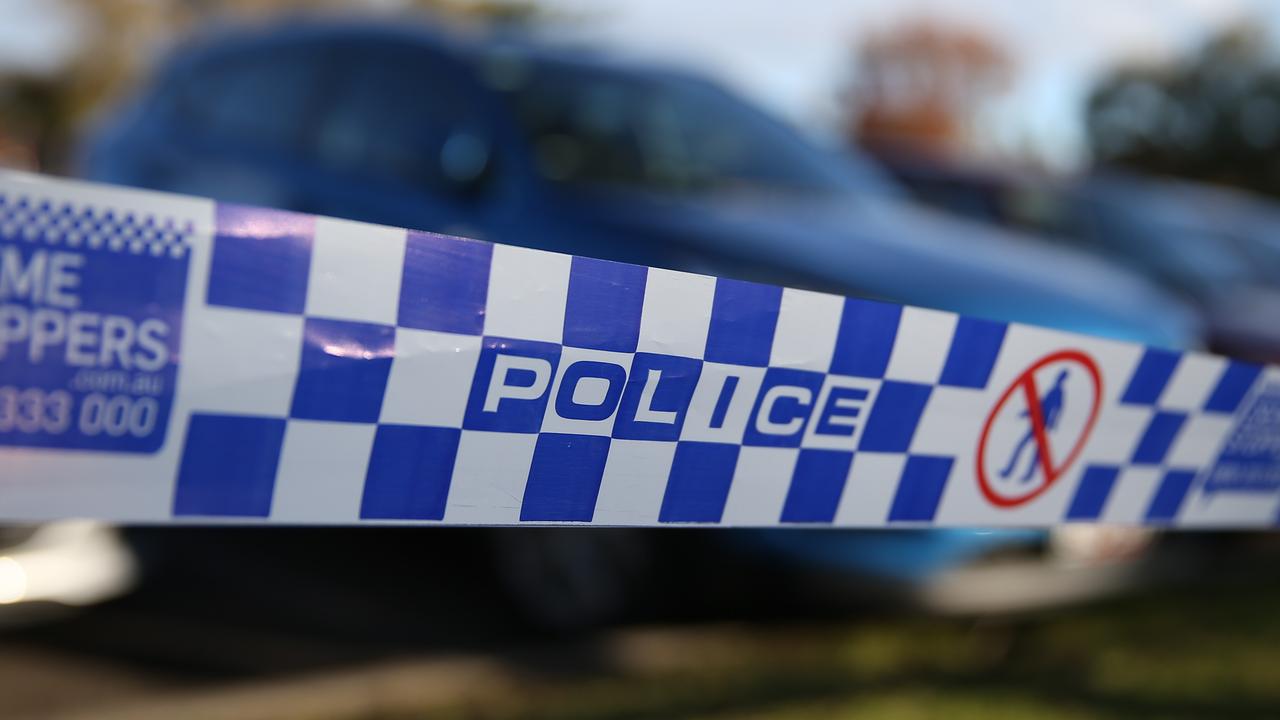Reason behind playgrounds closing in Melbourne lockdown will remain secret, Department of Health
The government will not reveal why it banned playgrounds in Melbourne’s longest lockdown last year. Here’s why.
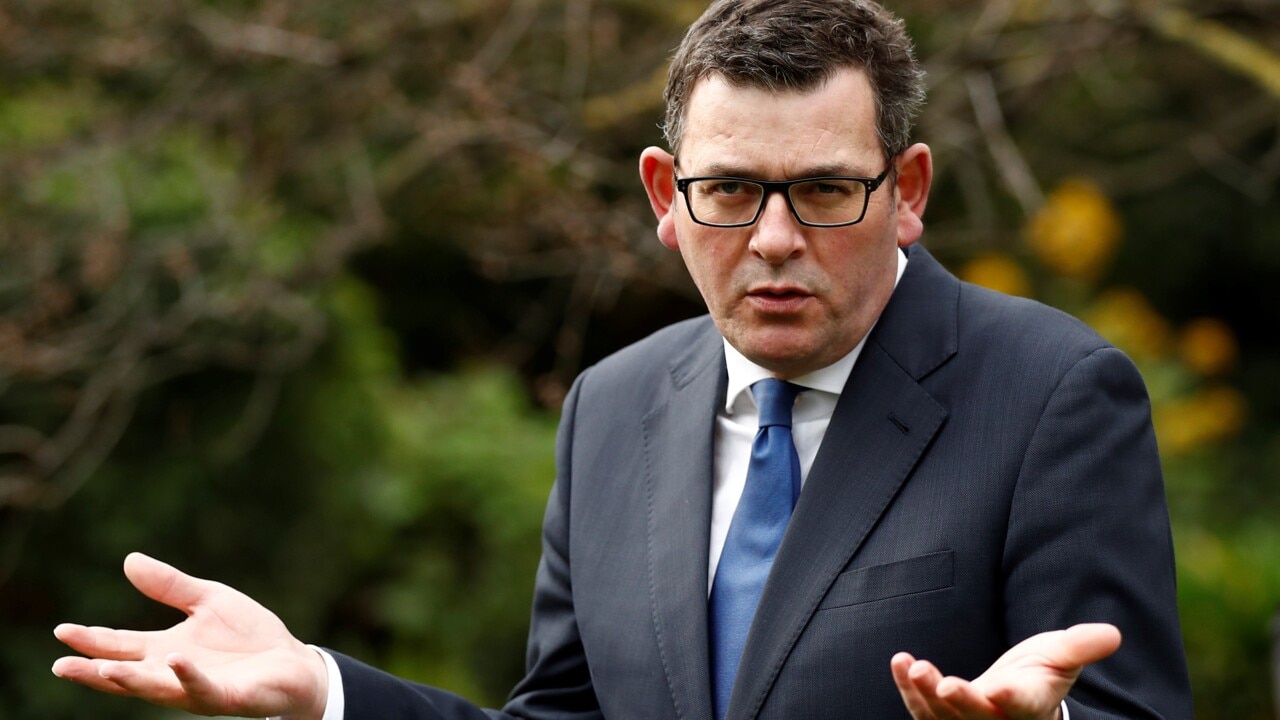
Victoria
Don't miss out on the headlines from Victoria. Followed categories will be added to My News.
Internal briefings relied on to shut children out of playgrounds must be kept secret, the Department of Health has claimed.
In an ongoing fight for access to the secret advice, the Department of Health has claimed that releasing it would be contrary to the public interest.
But for the first time it has released briefings to the chief health officer which argued the playground closures were essential.
The report, from last August, argued transmission among primary aged children was more common with the Delta variant than previously seen in other strains of Covid-19.
It also argued intelligence information obtained by the Department of Health found “large gatherings at skateparks, playgrounds and at outdoor communal exercise equipment and basketball courts … often by people exercising without a mask, or consuming food and drink.
“These factors, in addition to the recognised increased transmissibility of the Delta variant of concern, increases risk of transmission and exposure for those attending outdoor playgrounds, skateparks and outdoor gym equipment,” it said.
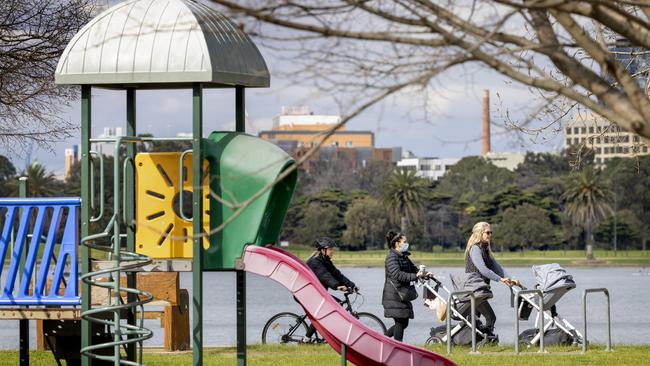
Just two weeks later the advice recommended dropping the playground ban because “young children currently have limited options for age-appropriate exercise and stimulation”.
David Davis, Leader of the Opposition in the Upper House, said the released material proved there was never scientific evidence to close playgrounds.
“Daniel Andrews taped up the playgrounds across Melbourne, banning children from access and the play they so needed during the world’s longest lock down,” he said.
“We now know that he did this without proper scientific evidence but instead with flimsy assertions and bald, unresearched statements.
“This lot have been making it up on the run, making political decisions rather than genuine public health policy.”
Of 194 pages of documents identified in a Freedom of Information battle waged by Mr Davis, 74 pages have been withheld under a legal professional privilege claim.
The refusal to release the documents comes despite a ruling by Victoria’s privacy watchdog, which has been appealed, which ordered the release of hundreds of pages of briefings over last year’s snap February lockdown.
In doing so Joanne Kummrow, public access deputy commissioner at the Office of the Victorian Information Commissioner, said: “The documents describe the reasons for placing restrictions on the movements of members of the community … these decisions have a profound effect on the lives of Victorians.
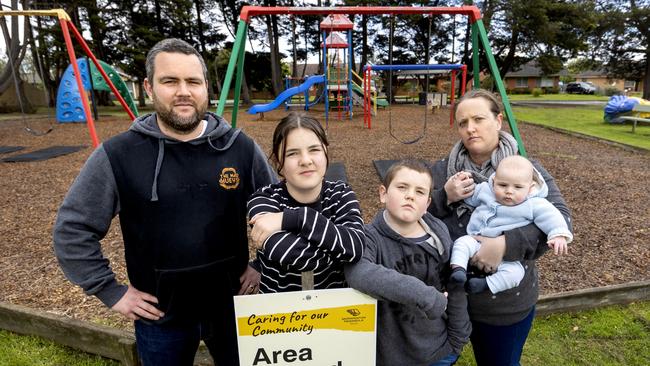
“In these circumstances, members of the community have a right to access documents that describe the background information considered, the reasons, the legal basis for, and documents that record those decisions.”
But in refusing to reveal the full advice relied on to close playgrounds last August, the Department of Health said the briefings were exempt under Freedom of Information laws. Under the laws internal working documents are exempt if they disclose an opinion, advice or recommendation prepared by an officer, or relate to a consultation or deliberation that has taken place between officers or a Minister.
Department of Health FOI, Privacy, Integrity & Legal Compliance director Sonia Rivalland said their release must also be considered contrary to the public interest.
“This section has been applied to documents on the basis that disclosure would reveal a confidential deliberative process of the department relating to the issuing of Directions,” Ms Rivalland said.
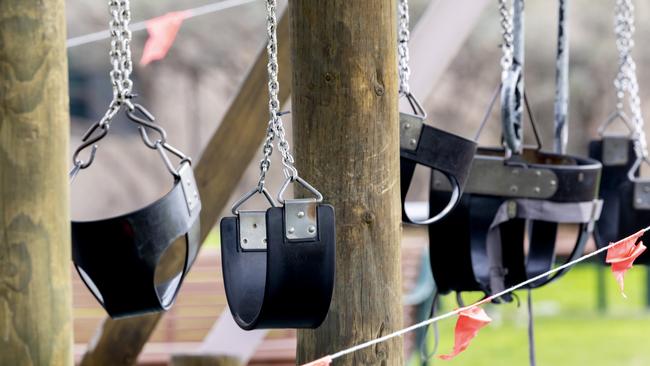
She said release was considered against the public interest because:
— The potential for such documents to be subject to public release may lead to the information in similar briefing packs in future being less detailed, which could deprive future decision-makers of relevant information and potentially jeopardise the effectiveness of the deliberative process, undermine the ability of a decision-maker to be satisfied of the relevant statutory criteria, and jeopardise the validity of decisions made to implement future Directions; and
— The potential for release of the documents to result in misinterpretation of the relationship between the deliberative process and final actions taken, which may result in ill-informed debate or mislead the public.
A government spokesman said: “prior to the period where playgrounds were closed, the public health team had a rapidly rising number of children infected with Covid-19 — with child to child transmission through schools and a number of possible transmissions through children walking home from school together, at the skatepark and at the playground.
“It was also spreading quickly in households from children to families and while it was not made lightly, the decision to close playgrounds was to protect the broader community from further transmission and slow the spread of the virus,” he said.




